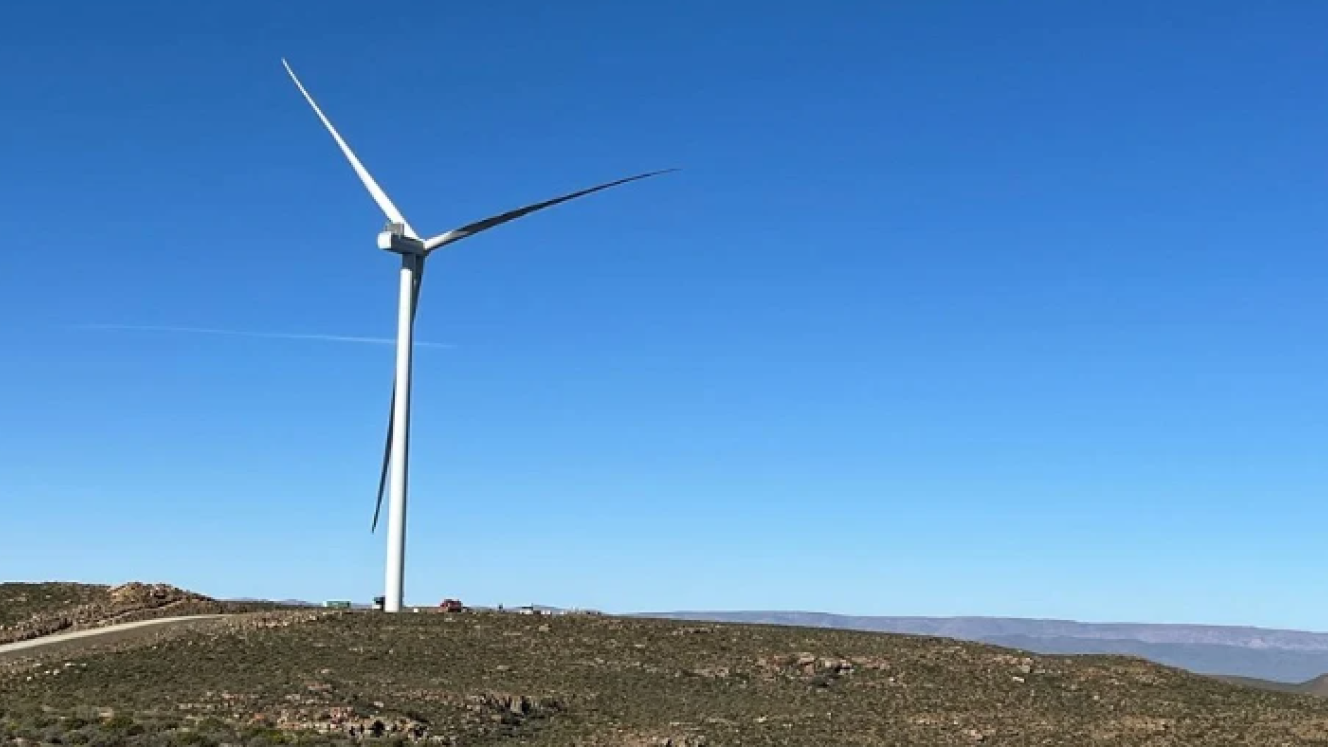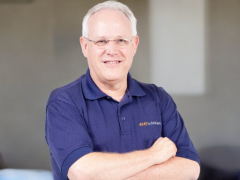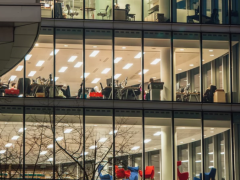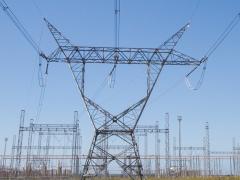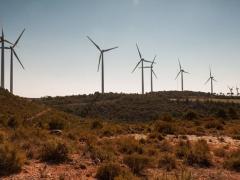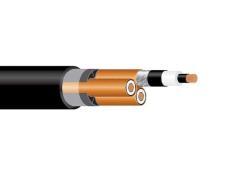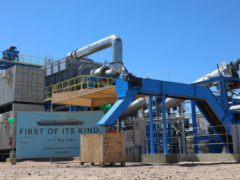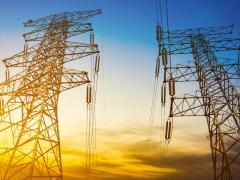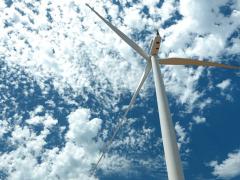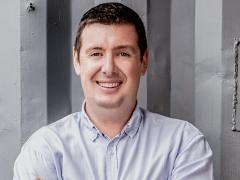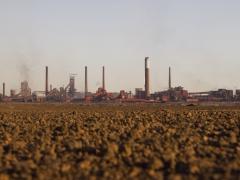Cape Town boasts a first-of-its-kind, all-woman small solar panel plant. The plant is managed by Rene Salmon, an ex-SANDF captain. Growing up on the Cape Flats as the eldest of five siblings, three of which were boys, Salmon never saw a difference between her and her brothers. Being the eldest, her father always showed her how to do something first. In turn, she says, she’d have to show her siblings.
“I played car games and built tree houses with my brothers even though there were no trees in Mitchells Plain,” says Salmon. “What they could do, I could do.”
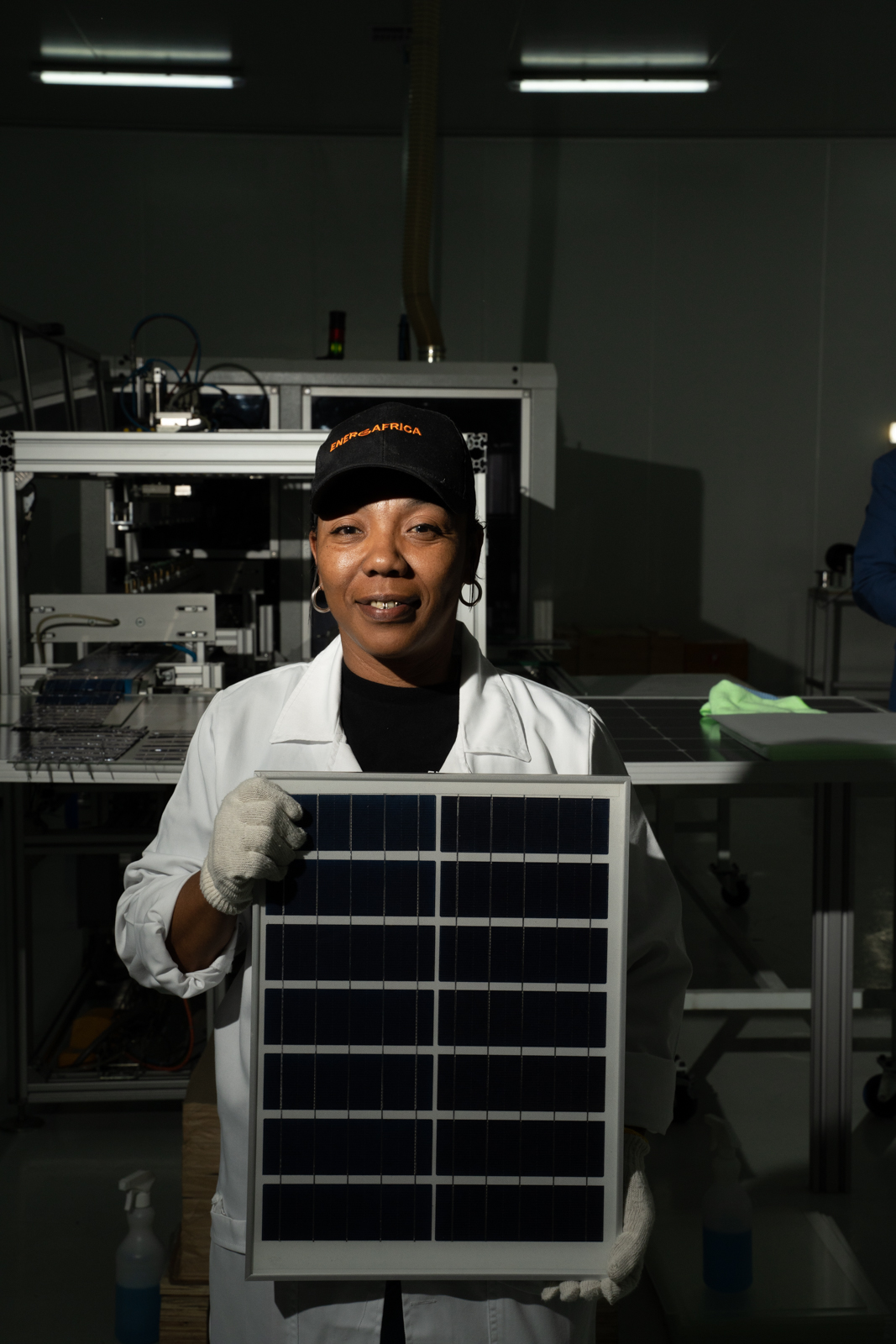
Today, Salmon is a plant manager at a solar panel plant in Ndabeni, Cape Town, where she trains other women in solar panel assembly and shows them that if she can use a soldering iron, so can they.
A first-of-its-kind, all-woman solar panel plant
Ener-G-Africa’s (EGA) solar panel manufacturing facility is a first-of-its-kind, as it’s the only small solar panel plant in the world certified by TUV Rheinland, a German-accredited inspection authority. The 800m² plant manufactures 20 W panels that sell for around R300 each in South Africa, Malawi, Angola, Mozambique, Zimbabwe, and several other African countries. The plant is also all-woman led and staffed.
In 2022, EGA commissioned a 15 MW per annum solar panel assembly plant at the Cape Town premises – only the second such facility in sub-Saharan Africa. Officially opened in early 2023, the plant provides solar panels for use with advanced biomass cooking stoves, as well as for general use in the regional African market and overseas exports.
The all-woman plant is the brainchild of EGA CEO André Moolman, who was also Salmon’s platoon commander during her basic training in the South African National Defence Force (SANDF). According to Salmon, her training group comprised 15 women out of 40 SANDF hopefuls. The training was tough, but she finished top of the class – out of both the men and women. Salmon went on to reach the rank of captain, and almost two decades later, Moolman contacted her to run the all-woman solar panel plant.
‘You can't say you can't, unless you try’
“I thought he was joking,” she laughs. “I told him that I'd never worked with electronics, and I'd never worked in a factory.” Moolman convinced Salmon, along with five other women who were in the platoon, to come on board. “To be honest, I was scared,” admits Salmon. “But my experience as a captain made me a stronger and better person and it taught me that you can't say you can't, unless you try. So, I tried.”
Today the six women make up the nucleus of the Cape Town plant’s Solar Department, and they provide most of the training to new workers. EGA’s engineers train the core group of women, who serve as supervisors, machine operators, quality checkers, and more. Once they’ve got a handle on new skills, they in turn, train other women. These women are either recruited internally or as casuals via CVs submitted. “We look for women willing to learn; the work is physical, and you need attention to detail,” adds Salmon.
Along with providing high quality, low-cost, clean energy products, EGA aims to improve the lives of women in Africa, not only through inclusive skills development at the solar plant in Cape Town, but also through the manufacture of energy-efficient biomass cooking stoves – mostly used by women - of which four million have been distributed across Africa.
According to Salmon, the Cape Town plant has 11 permanent employees, with two sets of 12 casuals that rotate shifts. Training for new workers is provided for a full day during the recruiting process, where successful candidates join as casual workers and are constantly under supervision. In most cases, the casuals can work unsupervised after two weeks, although new skills training and refresher training is ongoing. “There is always room for improvement, and the energy sector is such a dynamic field to work in,” notes Salmon.
Preaching the gender-equality gospel
Looking back, she says her team can say they have grown and learned so much, especially when she compares the first 20 W panel they made, to what is now produced.
“I can tell you a thousand things that were wrong with that first panel,” she laughs. “It took the six of us three hours to build it because we did it by hand; it was the ugliest module you've ever seen: the spacing was too wide in parts, it had fingerprints and tracks on it, but it yielded electricity.” Today says Salmon, it takes three minutes for one person to make a 20 W panel, from start to finish, with a machine.
Salmon believes women can do anything and she always tries to preach “the gender-equality gospel” to her team. She also encourages them to always try to do something new and learn from it; for her, that’s true empowerment.
“A lot of what I do at EGA I draw from my experience in the defence force, says Salmon. “Solar panel technology was completely new for me; I learned as I went and I'm still learning. We have battle scars of soldering irons and cuts from the corners of sharp aluminium frames, but we’ve all learned so much from this experience.”

